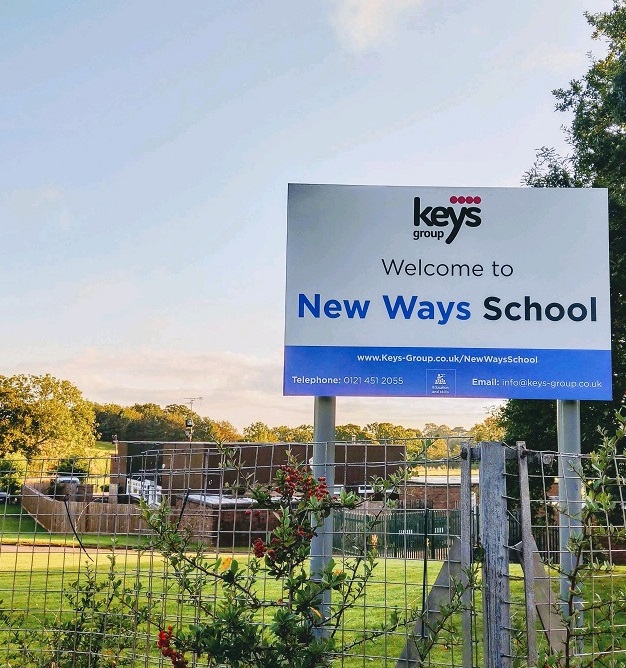
Background
R was referred to a short-term interrupter placement following a disclosure that he was being sexually abused by gangs in the community.
During the Multi-Agency Child Exploitation (MACE) triage process, intelligence was shared that R was also being criminally exploited by the same gang. He was presenting as a substance misuser, a situation he deeply resented. R disclosed that the gang would test out new drugs on him, reinforcing his feelings of worthlessness and despair.
Risk and Intervention
The risk to R was severe, and remaining in the community was not an option due to the frequent assaults he was experiencing. It was crucial to place him in a secure location that could not be easily compromised.
To ensure his safety, the team around R implemented pre-admission processes, including secure transport arrangements, agreements around some restrictive practices, and proactive missing-from-home protocols in collaboration with local police teams in the area he was being moved to. His placement team worked closely with his youth justice workers to set up an electronic monitoring device, ensuring flexibility between two accommodations should the need arise to relocate him if the gang discovered his whereabouts.
Recovery and Progress
Over the course of a 12-week programme, R began to feel safe. His placement was in a remote location, and phone access was restricted to prevent unwanted contact from abusive individuals and to maintain the confidentiality of his location.
Outcomes
After moving on from the placement, R shared with his support worker that this had been the safest he had ever felt. This experience allowed R and his support team to begin scaffolding long-term plans for safer community engagement, helping him to work towards a more stable and secure future.







